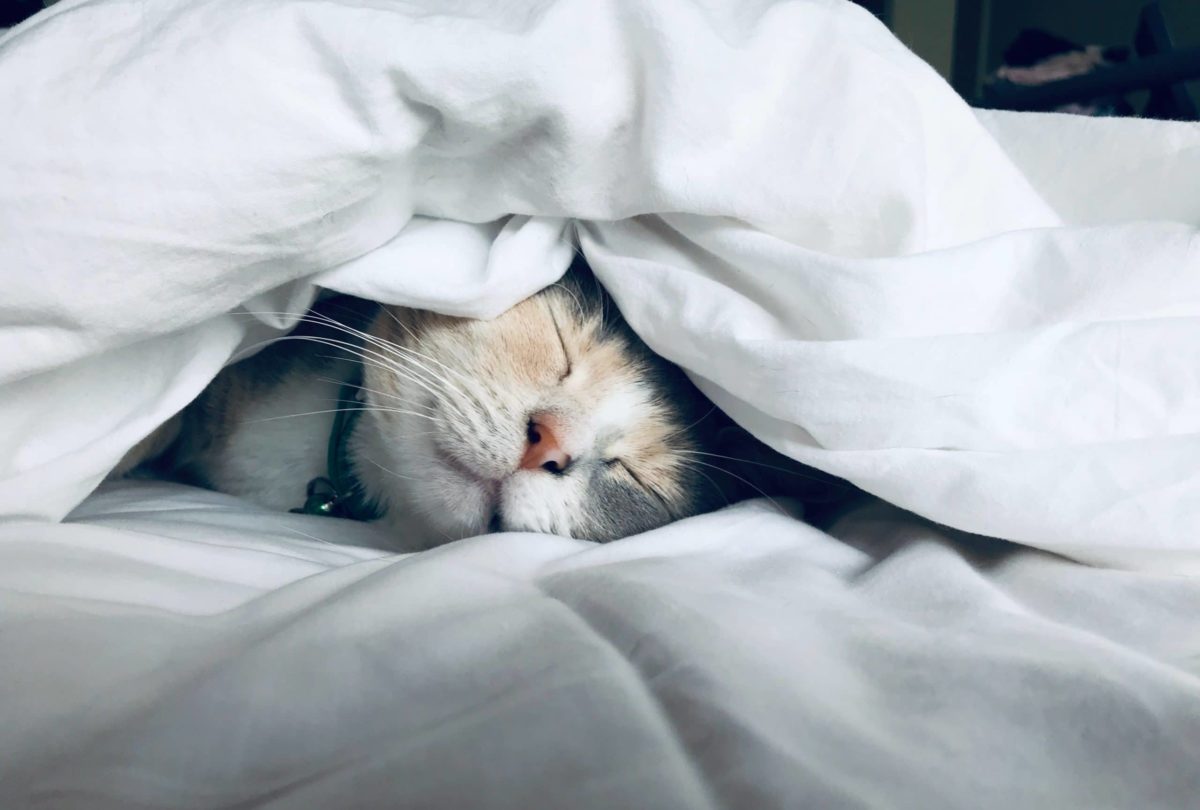We’ve all heard someone comment about there not being enough hours in a day, and sadly that can feel true for many people who have way too much to do and not enough time to do it. Or, you may be trying to get enough sleep, but find yourself unable to get good quality rest. Unfortunately, people may choose to cut back on sleep in the interest of tending to other tasks, but research shows that’s not such a good idea. In this post I am going to explore some of the consequences of short-changing yourself on sleep, as well as some ways to support yourself in getting the amount of sleep your body actually needs to function optimally.
Learn more about improving your sleep hygiene by working with me through online counseling in New Jersey
Work with me to explore how your sleep hygiene may be impacting your quality of life. Reach me through online counseling in New Jersey to find out more! By working together, we can explore your current habits and develop a plan to improve your sleep and overall well-being.
Why is lack of sleep a problem?
One of the most obvious consequences of not getting enough sleep is impaired judgement – for example, the National Highway Traffic Safety Administration reports that in 2013, 72,000 crashes resulting in 44,000 injuries and 800 deaths occurred because of drowsy driving – and they note that these numbers don’t reflect how often this actually occurs because up to 6,000 fatal car accidents may actually be caused by drowsy drivers. 1
The negative consequences of not getting enough sleep are much farther reaching than impaired judgement and car accidents. For individuals getting less than 7 hours of sleep per night, there were a wide range of effects noted on immune function, nervous system, diabetes, impaired glucose tolerance, depression, alcohol use, anxiety, cardiovascular disease, hypertension, and obesity in both adults and children. 1 The less sleep someone receives, the greater the negative consequences.
You can’t catch up on sleep during the weekend.
Many people look forward to not having to set an alarm on the weekend and allowing their body to rest as long as it needs to, however this is not a solution to lack of sleep during the week. A study in Current Biology found that trying to catch up on sleep during the weekend was not effective in preventing metabolic dysregulation occurring from insufficient sleep habits. 2
What are some factors impacting sleep hygiene?
1. Caffeine, nicotine, and alcohol use all interfere with sleep. Nicotine and caffeine both increase arousal, which disrupts sleep by making it harder to fall and stay asleep. Alcohol may seem to be helping you fall asleep, but it actually decreases the quality of your rest.4
2. Exercise, when completed at least 3 hours before you are planning to go to bed, can help you to get better sleep.4
3. Reducing stress is an important factor in quality of sleep, since stress can lead to cognitive arousal. You can take steps to decrease stress by practicing relaxation techniques, particularly before it’s time to go to bed.4
4. Sounds in your sleep environment (traffic, house sounds like plumbing), even when you aren’t aware of them, can result in lighter sleep. Reducing or masking noise (for example, using a white noise machine) can help to manage the interference of noise with sleep.3
5. Keep your internal clock consistent by going to bed and waking up at the same time each day. This helps to train your body to expect sleep at specific times.4
6. Be mindful of when you choose to nap – keep naps brief and limit napping to prior to 5 PM.4
Sarah Tronco, LCSW, provides online counseling in New Jersey and works to develop a strong therapeutic relationship with her clients, which helps to create a secure place where individuals can achieve meaningful change.
References:
1. https://www.cdc.gov/features/dsdrowsydriving/index.html
2. https://www.cell.com/current-biology/fulltext/S0960-9822(19)30098-3
3. https://www.ncbi.nlm.nih.gov/pmc/articles/PMC4400203/pdf/nihms-635936.pdf
4. http://healthysleep.med.harvard.edu/healthy/getting/overcoming/tips
5. Photo by Kate Stone Matheson on Unsplash
